Sky News’ Alex Crawford is the kind of female role model TV needs.
It was one of the most talked-about sessions at Edinburgh; for many, one of the best they’d seen at any TV festival. Sky News’ Alex Crawford talked about her life as a foreign correspondent, about death and battle scars, competition and impartiality, as well as a more personal battle: avoiding being pigeon-holed as a woman, wife and mother.
She was speaking live from Tripoli, and I know I wasn’t the only one praying that we wouldn’t lose the satellite link as she relayed her incredible story of success, and survival.
The first and only journalist to enter Tripoli with the rebel forces a week ago last Sunday, she produced a report that was compelling and dramatic, yet calm and informative. Her guts, or rather, as India Knight so eloquently put it in The Times, her “gigantic balls made of titanium”, were very much in evidence.
It came about through luck, literally being in the right place at the right time, she told us at the conference, but also a determination to keep on top of the story.
But it was also thanks to the skills of her team. Referring to herself as “just the singer”, she introduced us to “the band” - camera man and former serviceman Jim Foster, fellow cameraman Garwen McLuckie and producer Andy Marsh.
Ignoring the usual technical challenges of shooting in the field, which requires a satellite and two engineers finding and often losing a signal, Marsh improvised with a Bgan, a laptop on the bonnet of the truck and a cigarette lighter to provide power.
It prompted applause from the audience - unlike her next, terrifying story, which met with silence. Under fire in a mosque, she described how she stared death in the face and considered her farewells. It was powerful and moving and raised many issues - from how it feels, to why being on the ground is necessary, to simply why you do it.
Beating news rivals is part of her motivation, but it was obvious that “trying to make a difference” is her raison d’être, which is why she is prepared to face the frontline as a mother with four children. The question, widely picked up on, of whether Crawford should be doing this at all was admirably dismissed.
“It’s frankly really insulting and very, very sexist,” she said, adding that no one asks the same question of fathers in the field. While she talked about the positives of being a female correspondent, Crawford also revealed her status was an issue even before she got the job. It took years of persuasion before she was given the post, which, now 49, she has held for six years.
Crawford is an important role model in an industry in which older women struggle. As another session on ageism revealed, just one in 10 women on TV are over 50. Let’s hope that’s not her next battle.
Lisa Campbell is editor of Broadcast









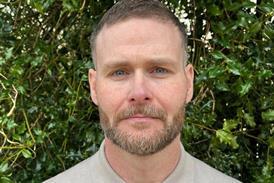
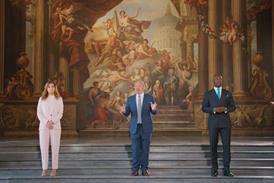

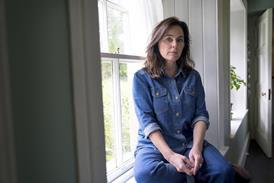
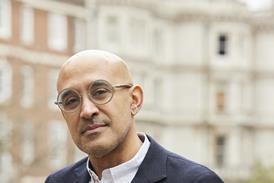
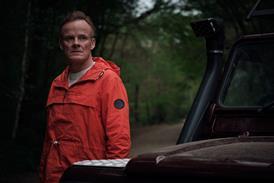
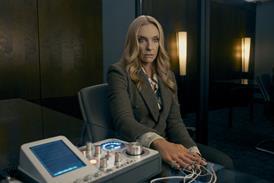
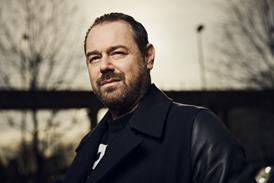
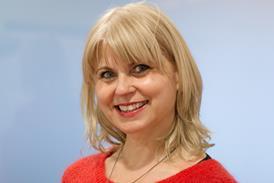
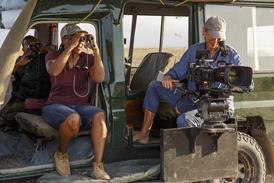

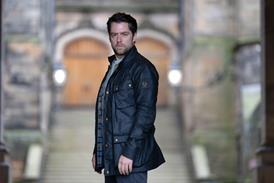
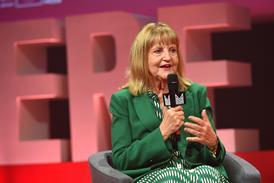



No comments yet